We recently connected with Eric Hebert and have shared our conversation below.
Eric, thanks for taking the time to share your stories with us today Are you able to earn a full-time living from your creative work? If so, can you walk us through your journey and how you made it happen?
The music and entertainment industries are both highly competitive industries to make a full-time living in. The way I have been able to do so is by not focusing on one specific craft. Working in studio, live sound, and post-production environments each require different skills and knowledge. I made my introduction to the music industry through pursuing the path of an artist and songwriter. At 18, I started a band with some of my friends which led to years of us writing music together, touring around the country, recording in various studios, and seeing some of those songs land global placements such as the season premiere of MTV’s The Real World: Portland and Journey’s shoe stores worldwide. After we decided to call it quits in 2013, I had to make a decision on what I wanted to pursue next. I realized that I always enjoyed being in the studio and experiencing the process of a song come to life. So I decided to move from Louisiana to Arizona where I attended school for audio engineering. After school, I started my career in audio engineering as an intern at a local studio in Phoenix where I had the opportunity to work with legendary rock producer Roy Thomas Baker (Queen, Journey, The Rolling Stones, etc.). We were mixing an album and I’m forever grateful for that experience because it helped shape my approach to mixing. After a few months there, I left that studio to begin working full-time at a local church as their Director of Audio Production where I built and operated the recording studio as well as overseeing the production for their weekend services. After my work hours, I began bringing in my freelance work into the studio and was juggling that in addition to my full-time job duties. After two years of doing so, I made the transition to make EJH Productions my full-time pursuit in June of 2019 – specializing in engineering and production for music, film, and live sound.
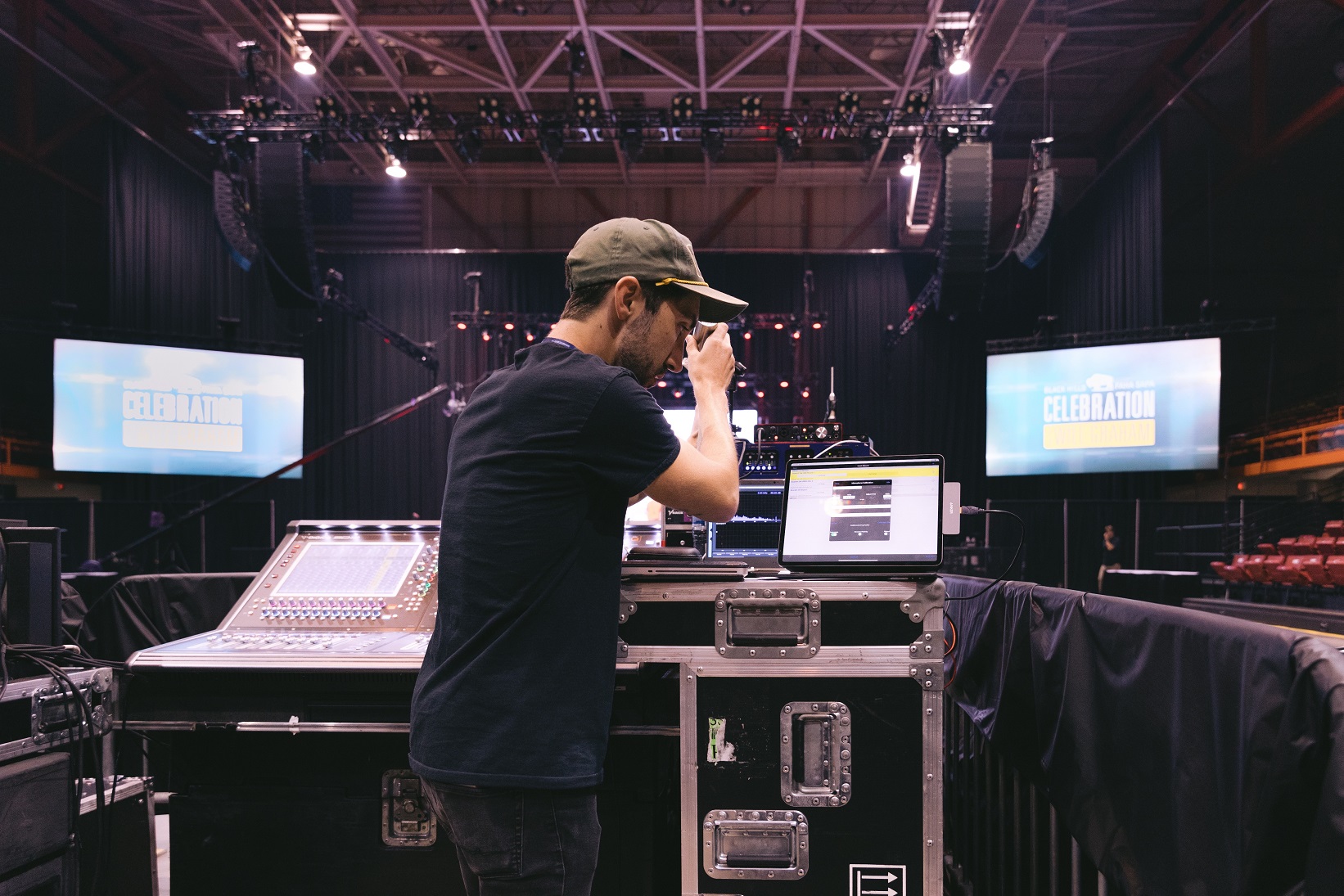
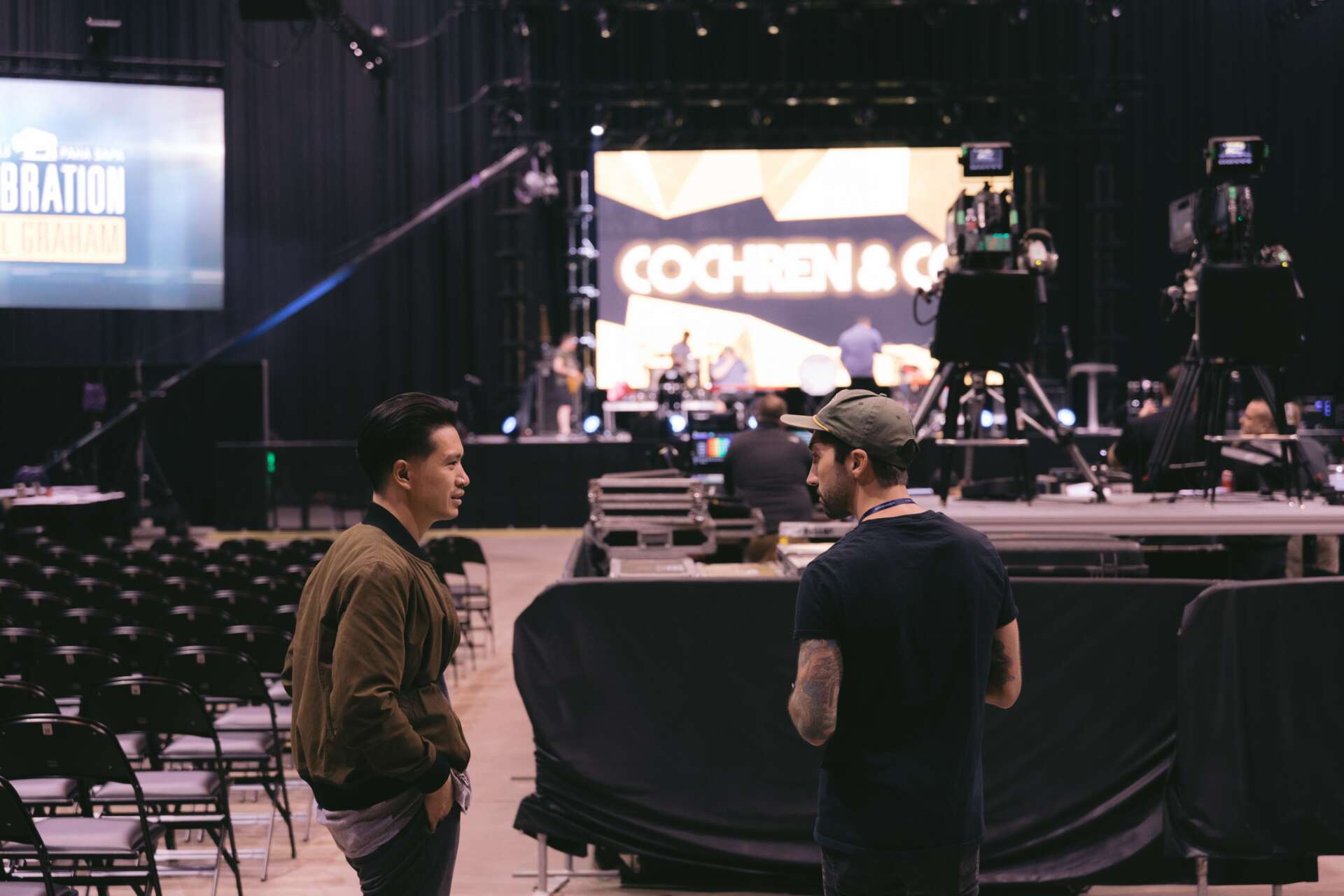
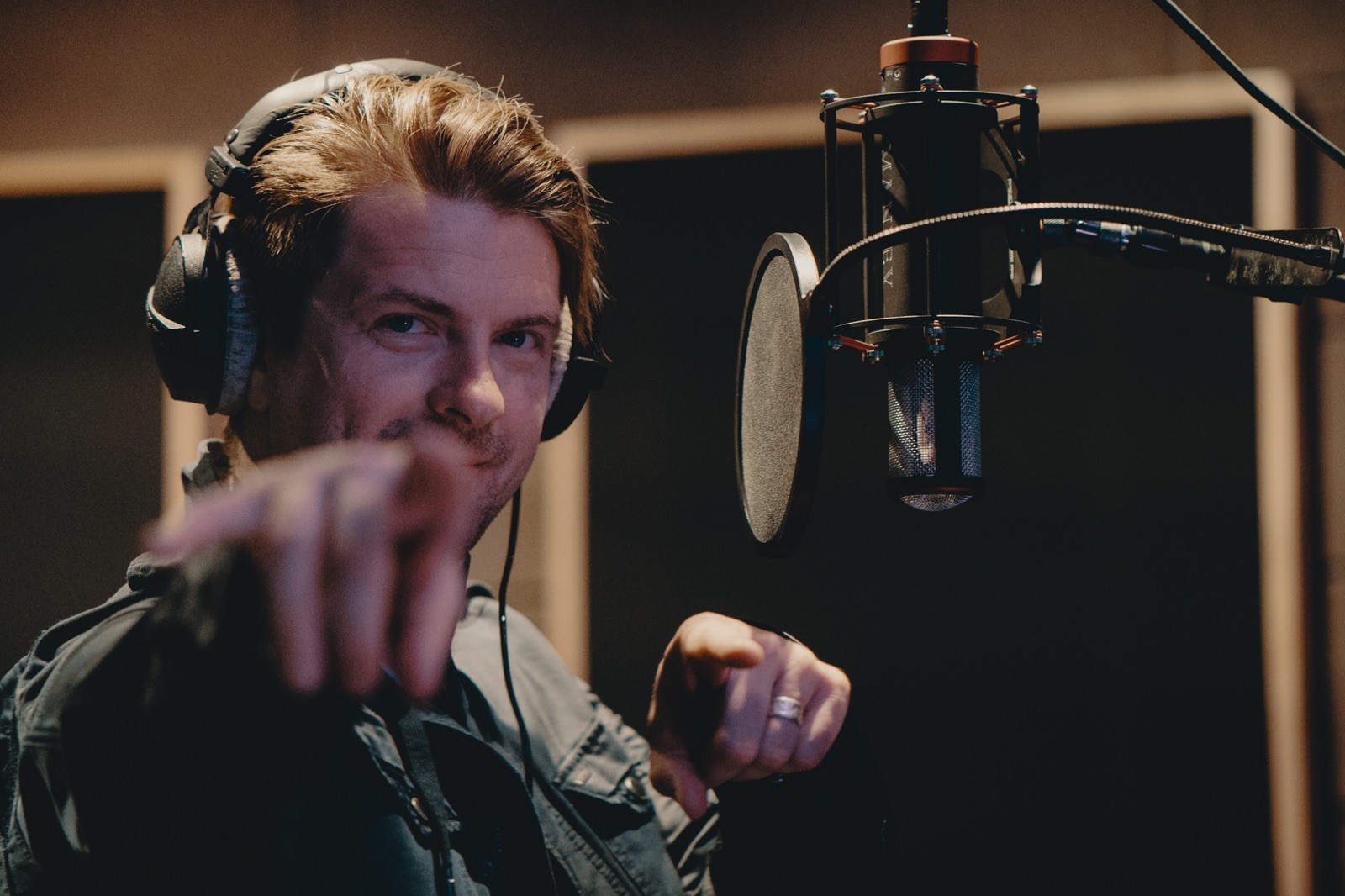
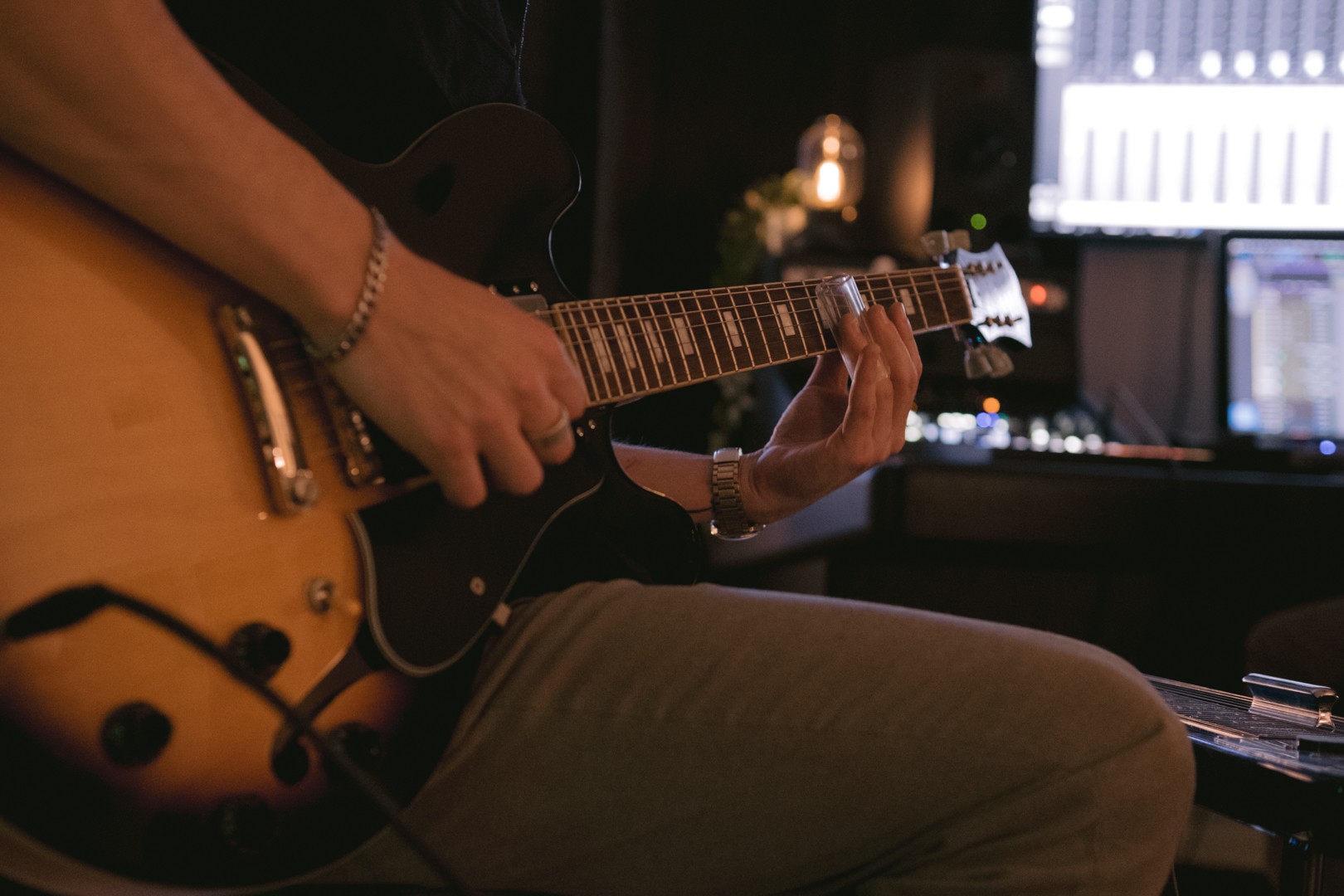
Eric, before we move on to more of these sorts of questions, can you take some time to bring our readers up to speed on you and what you do?
I tend to wear a lot of different hats. Some weeks, I may be working on a song or album with an artist whether it’s recording, producing, mixing, or mastering. Other weeks, I may be working on a post-production project doing sound design, audio restoration, mixing for a video for digital release (online streaming), or surround sound mixing for a movie trailer playing in theaters. And other weeks, I could be traveling with an artist to some random part of the world as their Tour Manager and Front of House engineer mixing their concerts. I like the variety of work which prevents it from ever feeling mundane.
Can you tell us about a time you’ve had to pivot?
COVID definitely forced a pivot for my business. All of my shows were cancelled for the remainder of the year and I had no idea of how long it would be until live concerts would be permitted – or how long it would be until people would feel ready to attend a concert again. I then leaned into my studio, where I was editing podcasts, working on post-production projects, and mixing songs that artists were recording remotely at their home.
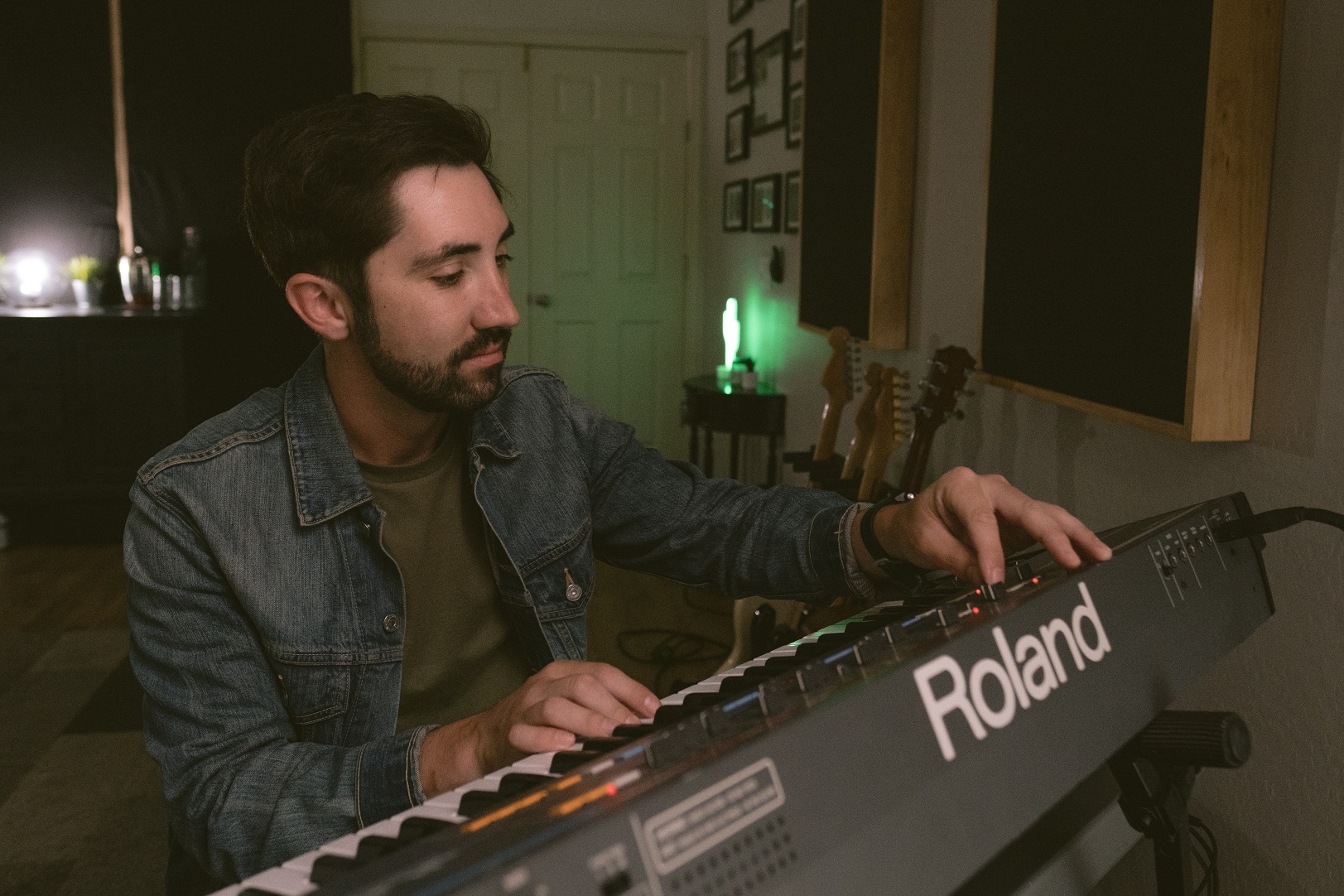
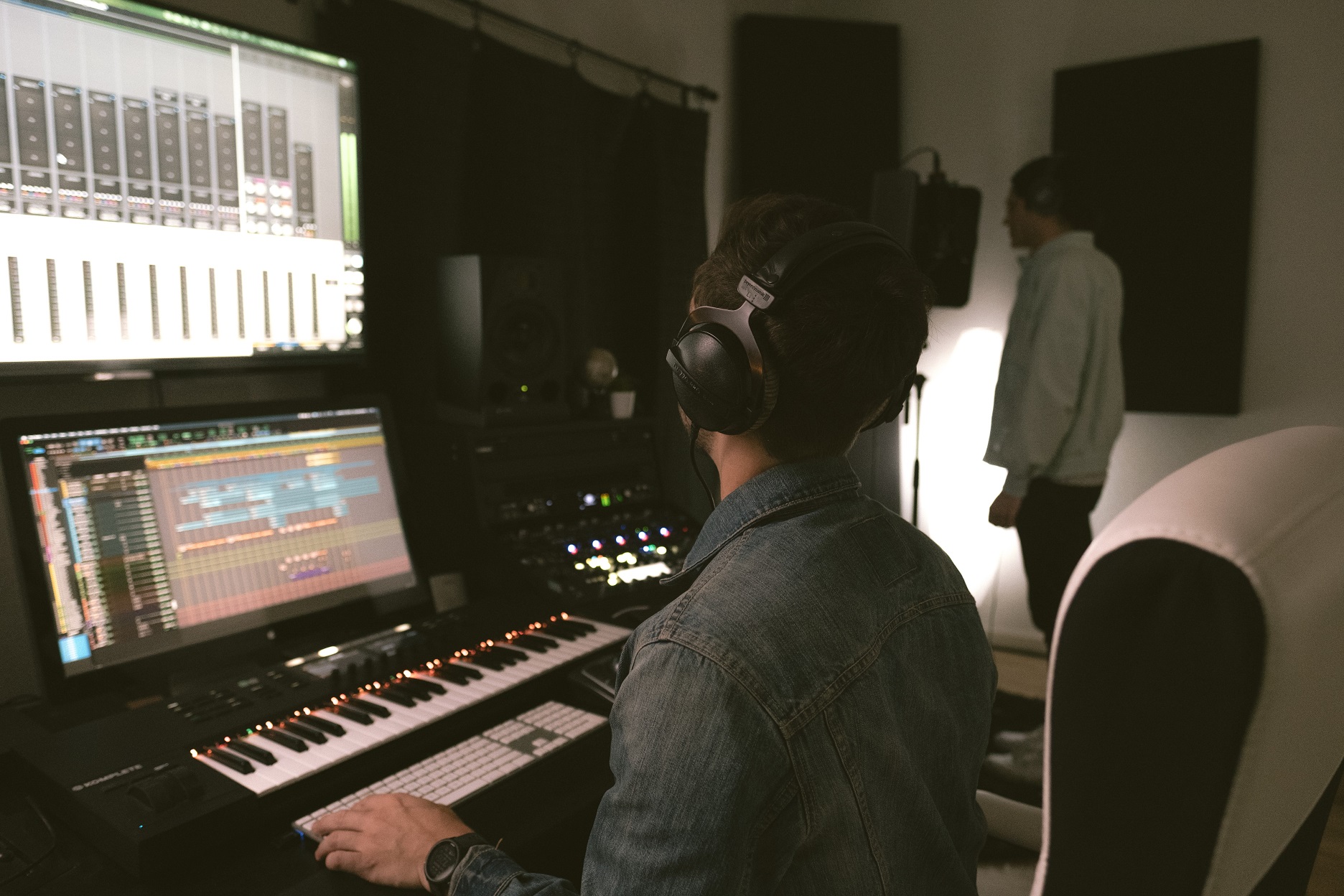
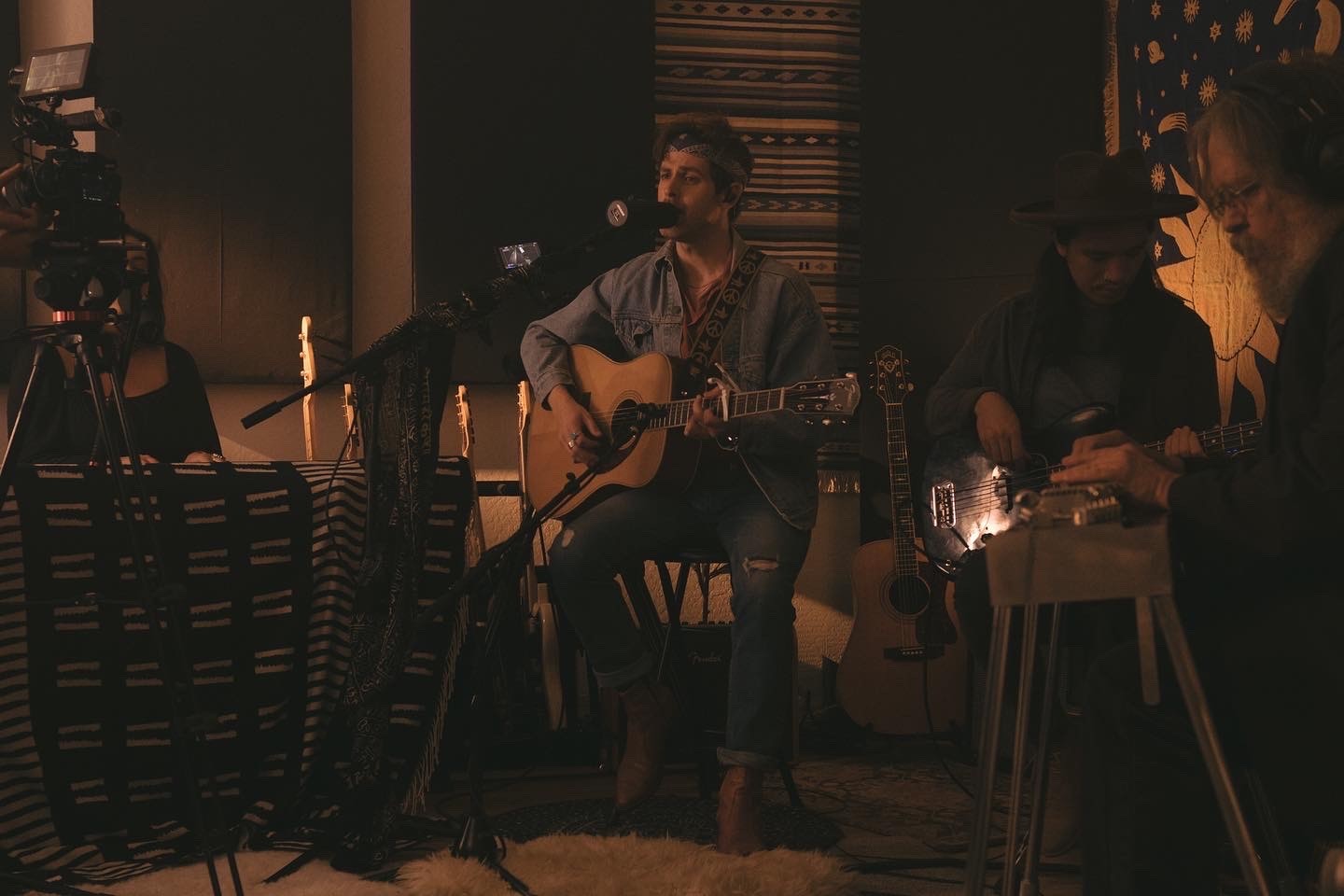
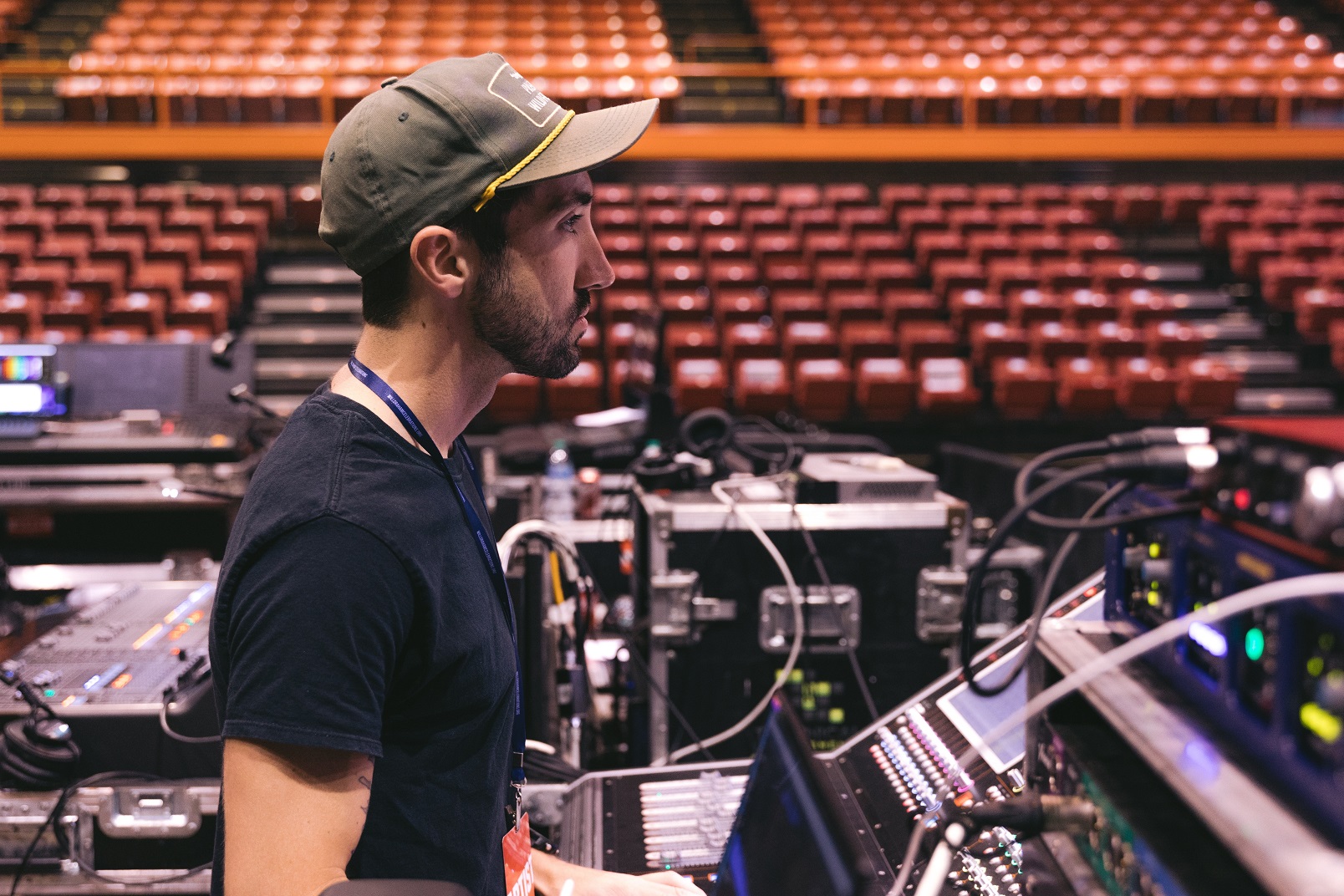
Can you talk to us about how you funded your business?
Those first two years when I was starting EJH Productions as a side hustle, I re-invested every dollar that came in from projects so that I could buy the additional equipment and software I would need to operate independently. During that time, I was relying on my full-time job to pay the bills and my day-to-day expenses.
Contact Info:
- Website: www.ejhproductions.com
- Instagram: https://www.instagram.com/ejhproductions
- Linkedin: https://www.linkedin.com/in/ericjameshebert
Image Credits
Austin Gavin


